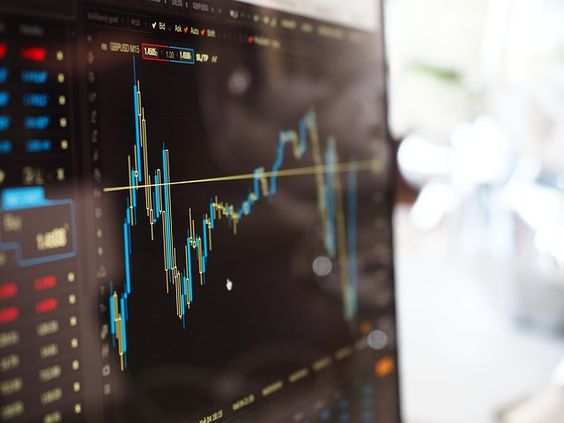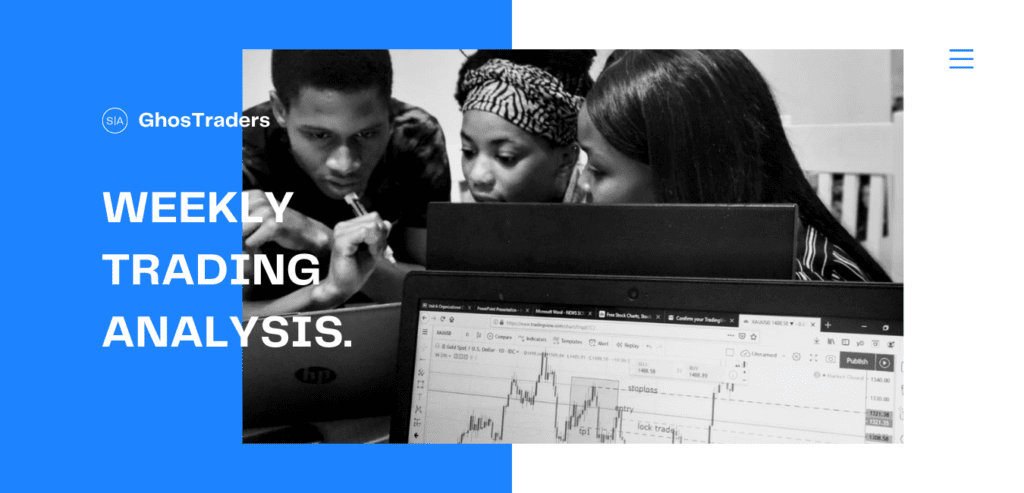Forex trading, short for foreign exchange trading, involves the exchange of currencies in a decentralized global market. With daily trading volumes exceeding $6 trillion, it is the largest financial market in the world. To engage in forex trading, individuals and institutions require the services of a forex broker. In this article, we will delve into what a forex broker is, how they operate, and the various types of brokers available, using IC Markets as a prime example.
What is a Forex Broker?
A forex broker serves as a middleman between traders and the forex market. They provide the trading platform, tools, and access necessary for traders to buy and sell foreign currencies. Essentially, forex brokers facilitate the execution of trades by connecting buyers and sellers in the market.
Key Functions of a Forex Broker
- Market Access: Forex brokers grant traders access to the global currency market, enabling them to trade major, minor, and exotic currency pairs.
- Trading Platforms: Brokers offer trading platforms such as MetaTrader 4 (MT4), MetaTrader 5 (MT5), and cTrader, which come equipped with various tools and features to analyze the market and execute trades.
- Leverage: Brokers provide leverage, allowing traders to control larger positions with a smaller amount of capital. This can amplify profits but also increase risk.
- Spreads and Commissions: Brokers make money through spreads (the difference between the bid and ask price) and, in some cases, commissions on trades.
- Customer Support: Quality brokers offer robust customer support to assist traders with any issues or queries they might have.
- Educational Resources: Many brokers provide educational materials, including webinars, tutorials, and articles, to help traders improve their skills and knowledge.
Types of Forex Brokers
Forex brokers can be broadly categorized into two types: Dealing Desk (DD) brokers and No Dealing Desk (NDD) brokers. Each type operates differently, affecting how trades are executed.
Dealing Desk (DD) Brokers
Also known as Market Makers, Dealing Desk brokers create a market for their clients. They take the opposite side of their clients’ trades, meaning they can profit when traders lose and vice versa.
Pros:
- Fixed spreads: Traders know the spread costs in advance.
- Guaranteed liquidity: Orders are always filled.
Cons:
- Potential conflict of interest: The broker may have an incentive for clients to lose.
- Price manipulation: Prices may not always reflect the true market.
No Dealing Desk (NDD) Brokers
NDD brokers ensure that they do not take the opposing side of their client’s trades, providing a transparent and fair trading environment. Instead, they pass orders directly to the interbank market or liquidity providers. NDD brokers can be further divided into Straight Through Processing (STP) and Electronic Communication Network (ECN) brokers.
STP Brokers
STP brokers route clients’ orders directly to their liquidity providers. They may work with multiple liquidity providers to get the best prices for their clients.
Pros:
- Competitive spreads: Prices are derived from multiple liquidity providers.
- The broker does not engage in trading against clients, ensuring there is no conflict of interest.
Cons:
- Variable spreads: Spreads can widen during volatile market conditions.
- Possible slippage: Orders may be filled at a different price than expected during high volatility.
ECN Brokers
ECN brokers provide a platform where multiple market participants, including banks and traders, can trade against each other. ECN brokers charge a commission for each trade.
Pros:
- Transparent pricing: Traders see the best bid and ask prices from multiple participants.
- Low spreads: Spreads can be narrower due to competition among participants.
Cons:
- Commissions: A commission is charged on each trade, adding to trading costs.
- Complexity: ECN platforms can be more complex and less user-friendly for beginners.
IC Markets: An Example of a Forex Broker
IC Markets is a well-known NDD broker offering STP and ECN trading models. Established in 2007 and headquartered in Sydney, Australia, IC Markets has grown to become one of the largest forex brokers in the world. Let’s explore how IC Markets exemplifies the role and operation of a forex broker.
Features of IC Markets
- Market Access: IC Markets provides access to a wide range of currency pairs, commodities, indices, and cryptocurrencies.
- Trading Platforms: IC Markets offers MT4, MT5, and cTrader platforms, known for their advanced charting tools, automated trading capabilities, and user-friendly interfaces.
- Leverage: Traders can access leverage of up to 1:500, allowing for greater control over larger positions with smaller capital.
- Spreads and Commissions: IC Markets offers some of the lowest spreads in the industry, with spreads on major pairs starting from 0.0 pips. They charge a commission on ECN accounts, while STP accounts have no commission but slightly wider spreads.
- Customer Support: IC Markets provides 24/7 customer support via live chat, email, and phone, ensuring traders receive assistance whenever needed.
- Educational Resources: The broker offers a comprehensive range of educational materials, including webinars, articles, and tutorials, catering to both beginner and advanced traders.
How IC Markets Operates
IC Markets uses a combination of STP and ECN models to ensure optimal execution of trades. For STP accounts, client orders are routed to liquidity providers without dealing desk intervention, ensuring transparent and competitive pricing. For ECN accounts, orders are matched with those from other market participants, providing direct market access with tight spreads and high liquidity.
Why Choose IC Markets?
- Transparency: IC Markets’ NDD execution model ensures transparency in pricing and order execution.
- Low Costs: Competitive spreads and low commissions make trading cost-effective.
- Reliability: With a strong reputation and regulatory oversight from authorities like the Australian Securities and Investments Commission (ASIC), traders can trust IC Markets for reliable and secure trading.

Conclusion
A forex broker plays a crucial role in facilitating access to the forex market, providing the tools and resources necessary for successful trading. Understanding the different types of brokers, such as Dealing Desk and No Dealing Desk brokers, helps traders make informed decisions when selecting a broker. IC Markets is an exemplary NDD broker, offering STP and ECN trading models with competitive pricing, robust platforms, and excellent customer support. By choosing a reputable broker like IC Markets, traders can enhance their trading experience and increase their chances of success in the forex market.
Course Bundle
Up To 50% Off
Access all courses with a once-off purchase.
Benefits



